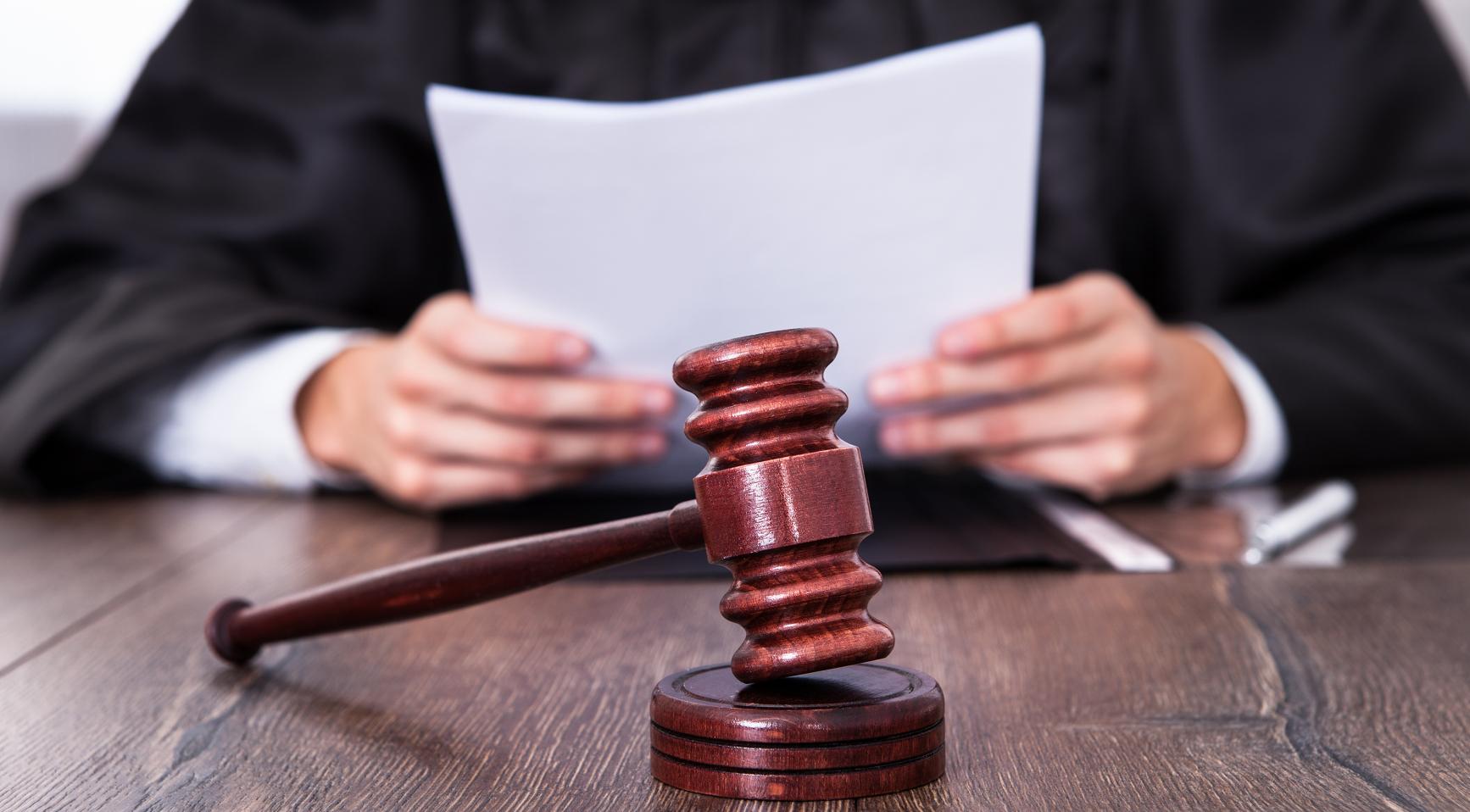Demissionary Justice Minister David van Weel (VVD) announced a new legislative proposal aimed at strengthening the government’s ability to confiscate assets suspected of being linked to criminal activity, even without a criminal conviction. The law seeks to make it easier to seize money, cars, houses, and other valuables of illegal origin, sending a clear message that crime does not pay.
Under the proposed rules, authorities can impose seizures more readily, shifting part of the burden of proof to the asset holders. Van Weel explained to De Telegraaf, “If during a search for illegal firearms we find half a million euros in cash, we can more easily seize it because the burden of proof partly lies with the interested party.”
The Dutch Court of Audit has long criticized the current process of confiscating criminal funds as insufficient. In 2024, law enforcement and the Public Prosecution Service (OM) seized a record 409 million euros, but this pales compared to the estimated 16 billion euros in suspicious transactions identified by De Nederlandsche Bank.
Van Weel’s proposal aims to improve the system ahead of a new EU directive requiring member states to allow confiscation of criminal assets without relying on lengthy or stalled criminal trials. “The largest sums are abroad, but this will certainly help increase the amount we can seize,” Van Weel said.
The legislation grants judges two new powers. First, assets may be confiscated if a criminal case is opened but cannot be completed — for example, if a suspect dies or prosecution is barred by statute of limitations. Second, it allows confiscation without any criminal prosecution if there is evidence the assets stem from crime but the suspect is unknown or unreachable, a process known as “confiscation without conviction.”
Van Weel gave examples such as suitcases full of cash found at airports with no owner coming forward, or an expensive sports car stored in a garage rented by someone without any reported income and insufficient evidence to prosecute.
Until now, authorities often lacked tools to act in such cases. Under the new law, a judge can order the seized goods to be transferred to the state. In one instance, a confiscated vehicle was donated to a technical vocational school.
The minister dismissed concerns that the government could unjustly confiscate property, emphasizing that judges must still confirm the assets’ criminal origin. “People can still provide receipts to prove that the money was earned legally. In many cases, you won’t hear from those people again,” Van Weel told De Telegraaf.
Van Weel also said the law is intended to send a strong message: “If someone receives welfare benefits but drives a brand-new Lamborghini, there may be signs of criminal activity.” He added that faster judicial action on serious suspicions will demonstrate that crime does not pay, especially to young people in vulnerable neighborhoods.
